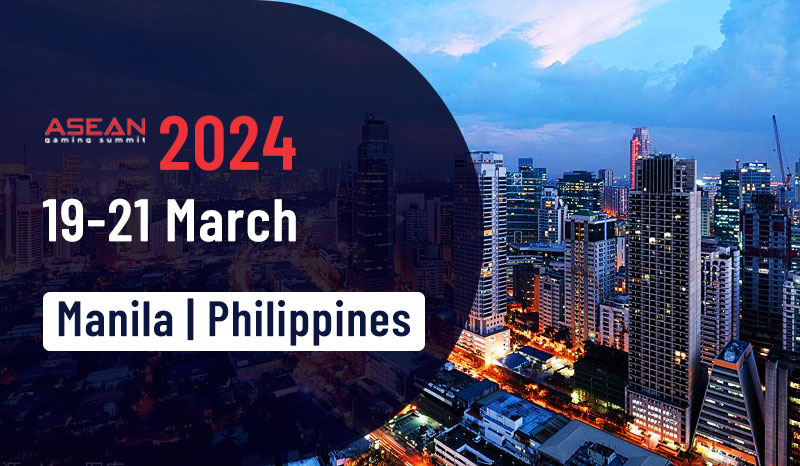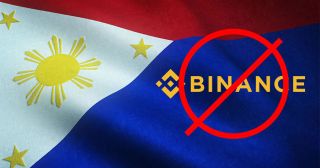At the 2024 ASEAN Summit in Manila, participating experts mentioned that the Philippines is expected to become the center of Asia’s gaming industry, although other regions are also rising.

Pronet Gaming CEO Alex Leese and Entain Asia Pacific Director Michael Charlton join host Patrick Kinghorn to discuss developments in various markets in Asia and around the world. In Asia, the Philippines is a focus for many operators, with its new regulatory environment providing a promising proposition for companies looking to expand into the region. The country is also re-emerging as a business hub for gaming companies, with more and more companies choosing to set up base here recently, Pronet Gaming being one of them.
Outside of the Philippines, Japan continues to be of great interest to many. Michael Charlton explains that creating the first IR in Osaka was a long and difficult road. Therefore, the journey to watch a digital sportsbook or casino is expected to be equally difficult and time-consuming. He further mentioned that Japanese authorities appear to want to take some action, a feeling underscored by recent law enforcement actions in the country. The Japanese government appears keen to increase its efforts to pursue gray market operators, but the impression within the industry is that it will take years to complete the required regulatory action.
The group agreed that strong-willed politicians are needed to initiate regulatory changes, but that may not be Japan's top priority right now. The political battle over integrated resorts suggests that new regulatory processes for digital products may take some time to emerge.
Vietnam received a brief mention, a country that has made progress since last year but has yet to make progress on regulated sports betting due to political challenges behind the scenes. Thailand was also mentioned, with positive buzz coming from the country’s online casinos and eventually sports betting.
Looking across Latin America, Brazil is almost inevitably a topic. Experts say the country is on the brink of regulation, but it will take 18 months to two years before the new rules take effect. Operators are starting to invest now to get everything they need to run a legal operation in place, while sponsors, affiliates and local ambassadors will need huge investments from those who want to stand out.
The fact that Brazil's new rules allow the operation of three URLs provides opportunities for existing operators to partner or acquire, thus speeding up market entry. Once on the market, the panel warned against lazy player acquisition strategies that are based on the mistaken assumption that because the country is football-mad, its citizens also enjoy betting on the sport. According to panelists, 85 to 90 percent of revenue comes from casino games.
Everyone on stage agreed that now was the best time to enter Brazil and that if a country with such a powerful church could legalize gambling, so could many other countries. Political pressure will inevitably trump other factors. However, commercial traffic is not just one way, Asian operators have been observed entering Latin America at the same time as Latin American companies are trying to enter Asia.
The path to opening more markets to regulated gambling has always been through politics, with the Malaysian Prime Minister’s recent statement that sports betting would be a great thing being cited as a positive example. These regulatory changes require the perfect environment to succeed and are always a challenge. Whenever a new jurisdiction enters the realm of regulated gambling, it's usually sports betting first and casinos second.
Finally, India emerged as a topic of discussion and the consensus was that the country was no closer to regulation, but Asian companies continued to pour resources into the region. Many operators targeting India are currently based in Dubai, which may be the reason for recent speculation that the country may be considering introducing a regulatory framework for these companies.















0 Comments